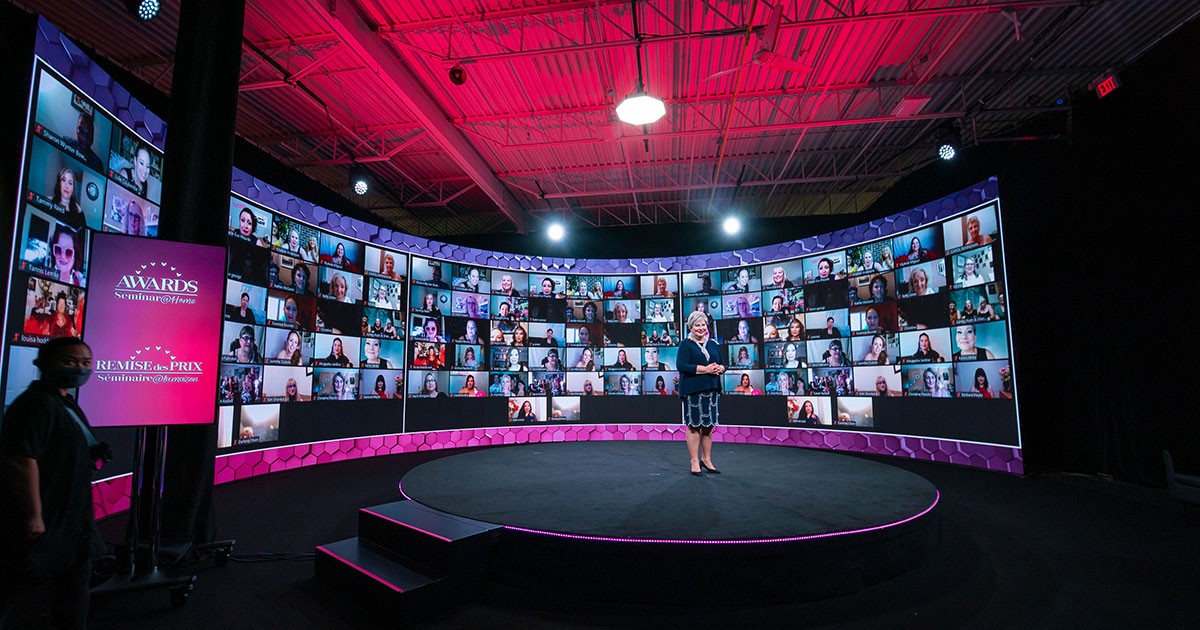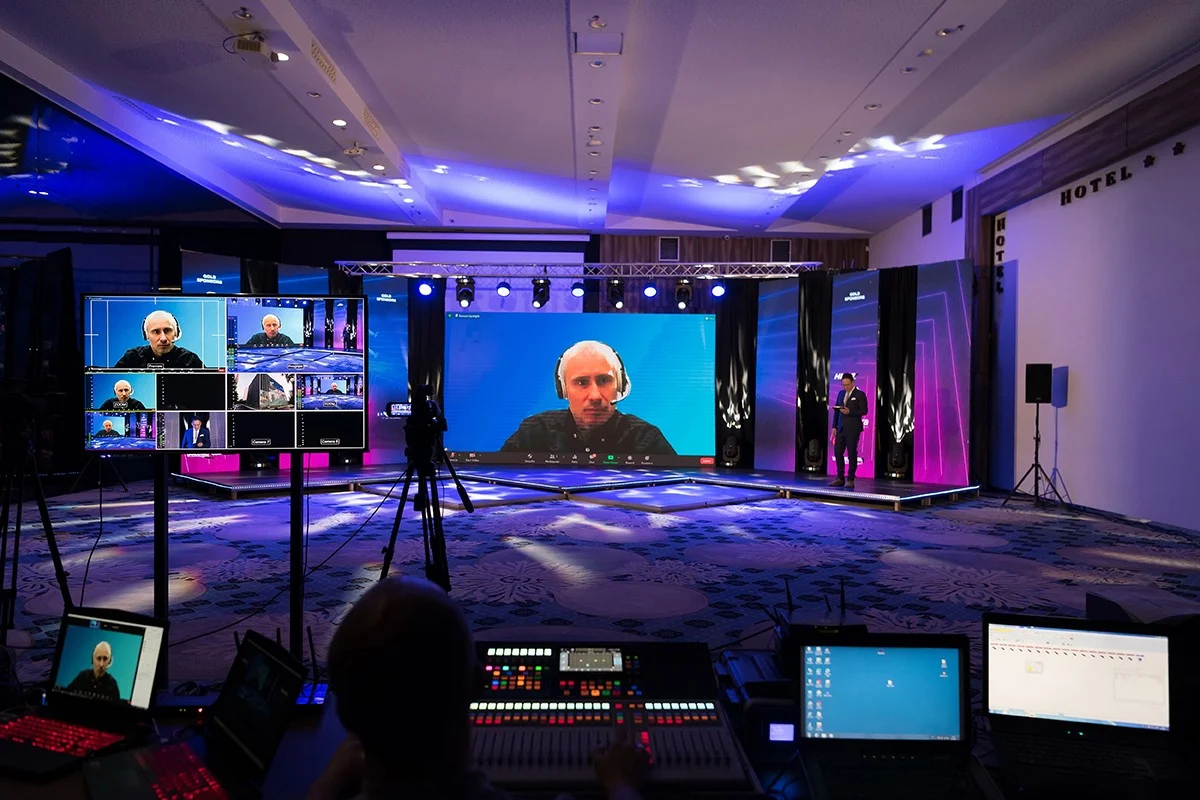Hybrid Events: Blending In-Person and Virtual Experiences

The event industry has witnessed a remarkable shift, with hybrid events emerging as a transformative approach that fuses the benefits of both in-person and virtual experiences. For event management agencies, mastering hybrid events is not just a strategic advantage but a necessity to stay relevant and meet the diverse needs of clients in today's dynamic environment.
What Are Hybrid Events?
Hybrid events are innovative gatherings that combine physical and digital elements, allowing attendees to join either in person at the event venue or remotely through online platforms. This dual-format approach provides unparalleled flexibility, expands audience reach, and enhances engagement opportunities, making it a popular choice for modern event planning.
Key Benefits of Hybrid Events
Hybrid events offer a myriad of advantages that can significantly enhance the overall event experience. One of the primary benefits is the expanded audience reach. By blending in-person and virtual components, organizers can engage a global audience without being constrained by geographical limitations. This broader reach is complemented by increased flexibility, as attendees have the option to participate in the way that best suits their preferences and circumstances.
In addition to these advantages, hybrid events can be cost-effective. Remote attendees eliminate the need for travel and accommodation expenses, which can be a considerable saving. Moreover, hybrid events provide data-rich insights, allowing organizers to gather comprehensive analytics from both in-person and virtual interactions. This wealth of data helps in evaluating event performance and making informed decisions. Lastly, hybrid events contribute to sustainability by reducing the carbon footprint typically associated with large-scale, in-person gatherings.

Essential Elements for Successful Hybrid Events
Seamless Technology Integration is fundamental to the success of hybrid events. To ensure a smooth experience for all participants, it is crucial to select a robust virtual event platform capable of handling live streaming, networking, and interactive sessions efficiently. High-quality audio-visual equipment is necessary to provide clear and reliable transmission to virtual attendees. Additionally, having dedicated tech support for both in-person and virtual participants helps resolve any issues promptly and enhances the overall experience.
Engaging Content Delivery is another critical element. Sessions should be designed to cater to both in-person and virtual audiences, ensuring that content is equally compelling for all participants. Incorporating interactive elements such as live polls, Q&A sessions, and virtual breakout rooms can further enhance engagement. For sessions that may benefit from higher production values or time zone management, pre-recorded content can be utilized to maintain quality and relevance.
Networking Opportunities play a vital role in hybrid events. Creating virtual networking lounges that replicate the experience of in-person networking spaces helps foster meaningful connections. AI-powered matchmaking tools can facilitate connections between attendees with similar interests, while hybrid social events or games ensure that both in-person and virtual attendees can participate and enjoy.
Sponsor and Exhibitor Integration should be thoughtfully planned. Developing virtual exhibition halls alongside physical booths allows sponsors and exhibitors to reach both in-person and remote audiences. Digital sponsorship packages that include analytics on attendee engagement offer valuable insights to sponsors. Providing opportunities for sponsors to interact with both in-person and virtual attendees enhances their overall experience and value.
Personalized Experiences are essential for creating a memorable event. Utilizing event apps that cater to both in-person and virtual attendees ensures a seamless experience. Offering on-demand content for virtual participants in various time zones allows them to engage with the material at their convenience. Virtual goody bags or digital swag can also be provided to remote participants, adding a personal touch to their experience.
Overcoming Hybrid Event Challenges
While hybrid events offer numerous benefits, they also come with their own set of challenges. Time zone management is crucial; scheduling key sessions at times that accommodate the majority of the global audience helps maximize participation. Audience engagement can be addressed by employing moderators who bridge the gap between in-person and virtual attendees during sessions, ensuring that all participants feel involved. To mitigate technical issues, having a dedicated technical team and contingency plans is essential for handling potential disruptions effectively. Finally, content adaptation is necessary to ensure that all material is optimized for both in-person and virtual consumption, maintaining consistency and relevance across formats.
Measuring Hybrid Event Success
Evaluating the success of hybrid events involves tracking various metrics. Monitoring engagement levels for both in-person and virtual attendees provides insights into how well the event is resonating with its audience. Gathering feedback through surveys from all participants helps identify areas for improvement and gauge overall satisfaction. Additionally, analyzing data on session attendance, interaction rates, and networking effectiveness offers a comprehensive view of the event's performance and impact.

Launching a New Campaign?
Let’s Talk.
We concept and experiences that resonate and triggering
your target audience for better conversation.





